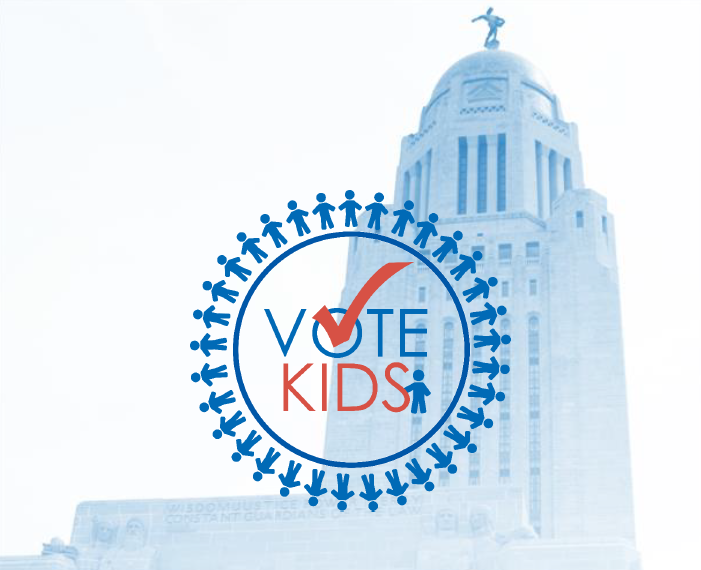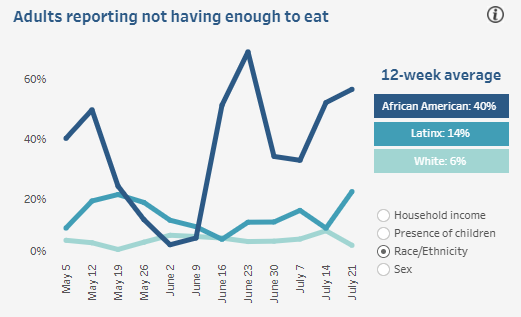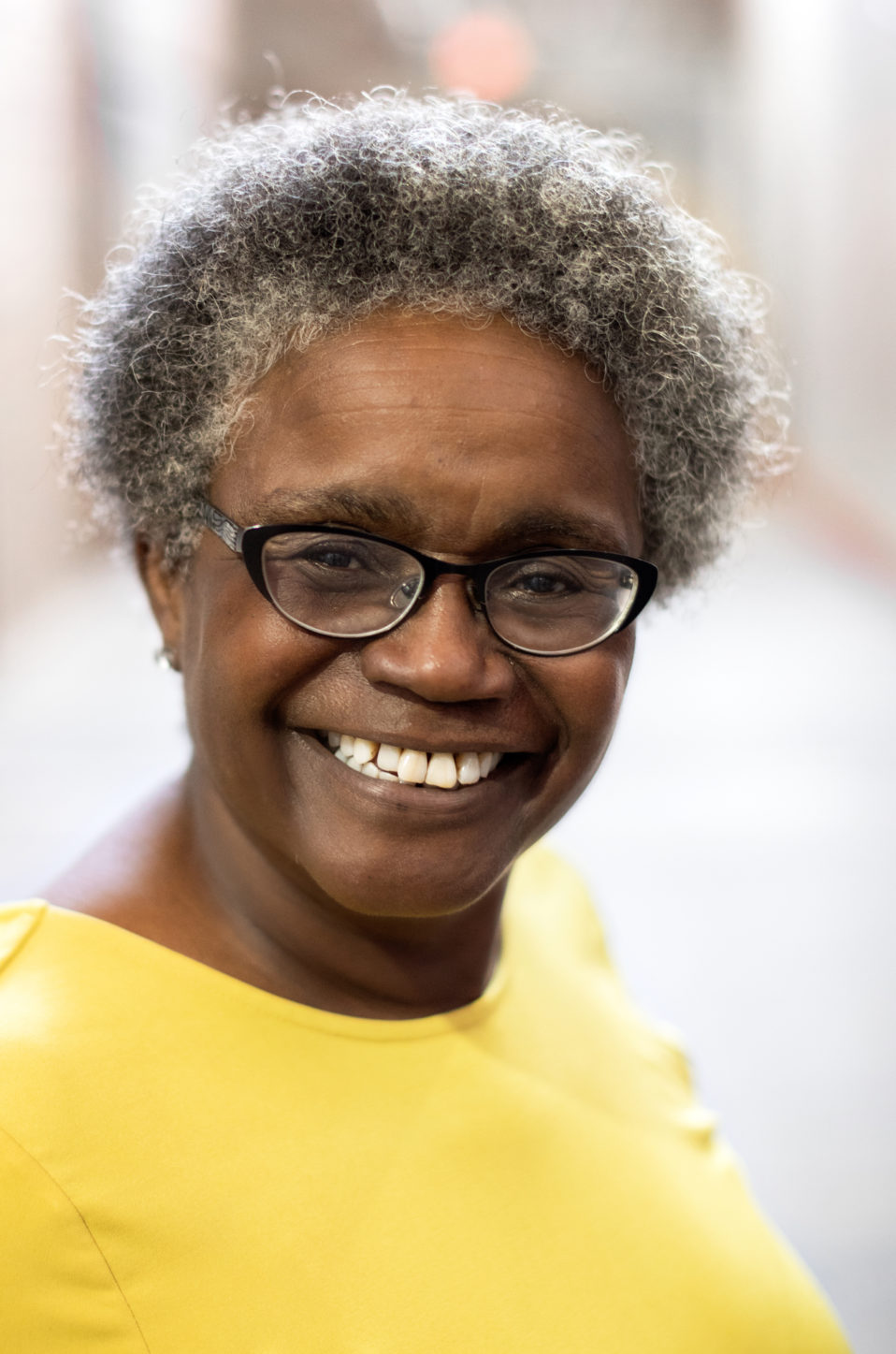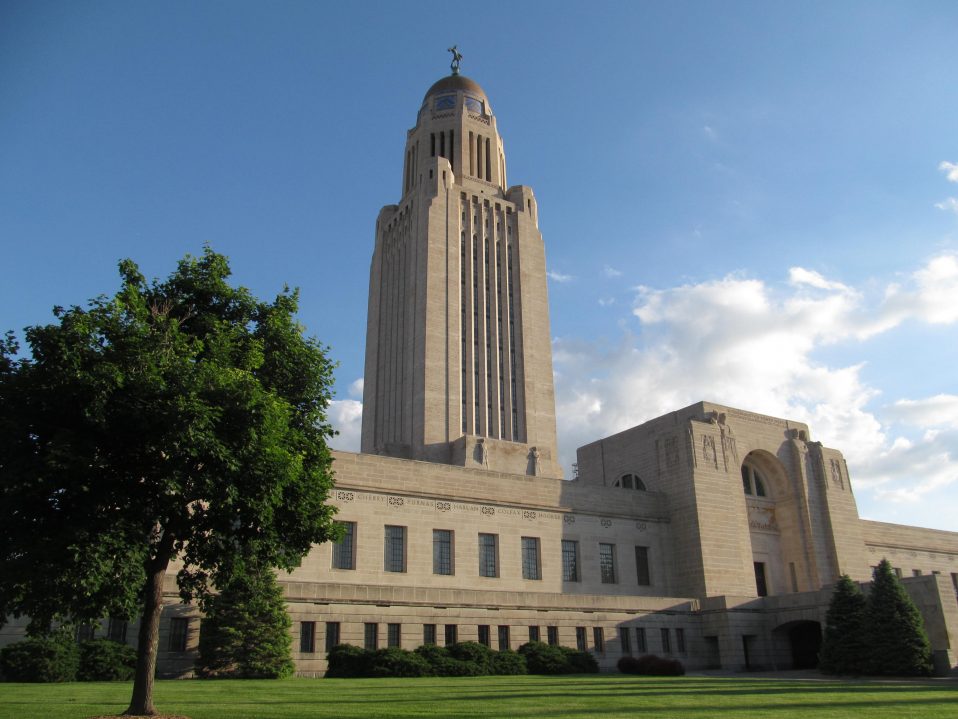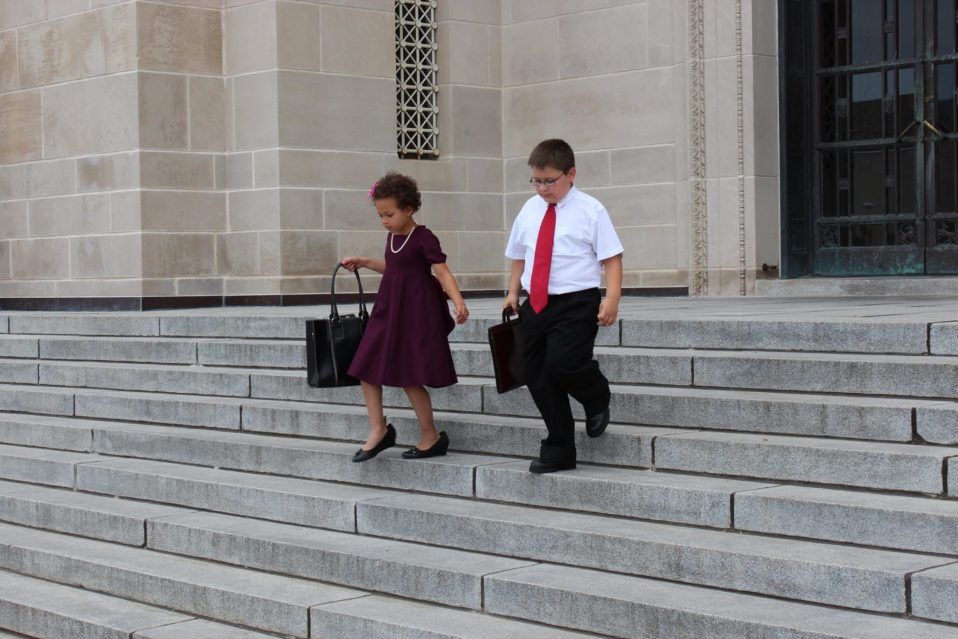JUST IN: Vote Kids Nebraska is here! We asked legislative candidates across the state questions about their stances on youth issues so you don’t have to. Check to see how your candidates responded! About Vote Kids Nebraska Children bring us together. Regardless of political affiliation, we all have high aspirations…...
Call Gov. Ricketts: Nebraska children missing out on over $7 million in federal pandemic food assistance each month
Since the start of the COVID-19 pandemic, the federal government has made several changes to its food assistance programs to keep kids healthy during the national emergency. The changes allow states to maximize the reach of existing food safety nets, while benefiting from additional federal funds. With unprecedented levels of…...
Spotlight Series: James Moseman
On October 4, Voices for Children in Nebraska will honor those who have made an exceptional impact in ensuring Nebraska is the best place to be a kid. We continue the Spotlight Series today with our Youth Award winner, James Moseman. James Moseman’s passion for youth voice and representation grew…...
Kids in the 2018 Nebraska Legislature
Last week, the Nebraska Legislature adjourned sine die, marking the end of this year’s legislative session. Each year, Voices for Children works to set legislative priorities, driven by data and research, to make Nebraska the best place to be a kid. Here’s a recap of how kids fared this session.…...
Nebraska’s Children With Disabilities: Part Three
Children with disabilities have special health needs that are as individual to each child as a fingerprint. The care of each child with a disability requires investment and attention to individual needs. Some disabilities are hard to see, – the same disability can impact different children in very different…...
Nebraska’s Children with Disabilities: Part Two
Poverty is both a cause and consequence of disability. Children living in poverty have a much greater vulnerability to disease, especially during infancy and early childhood. Impoverished families are less likely to receive adequate health care, or to be able to pay for basic medical needs, and other necessary services.…...

